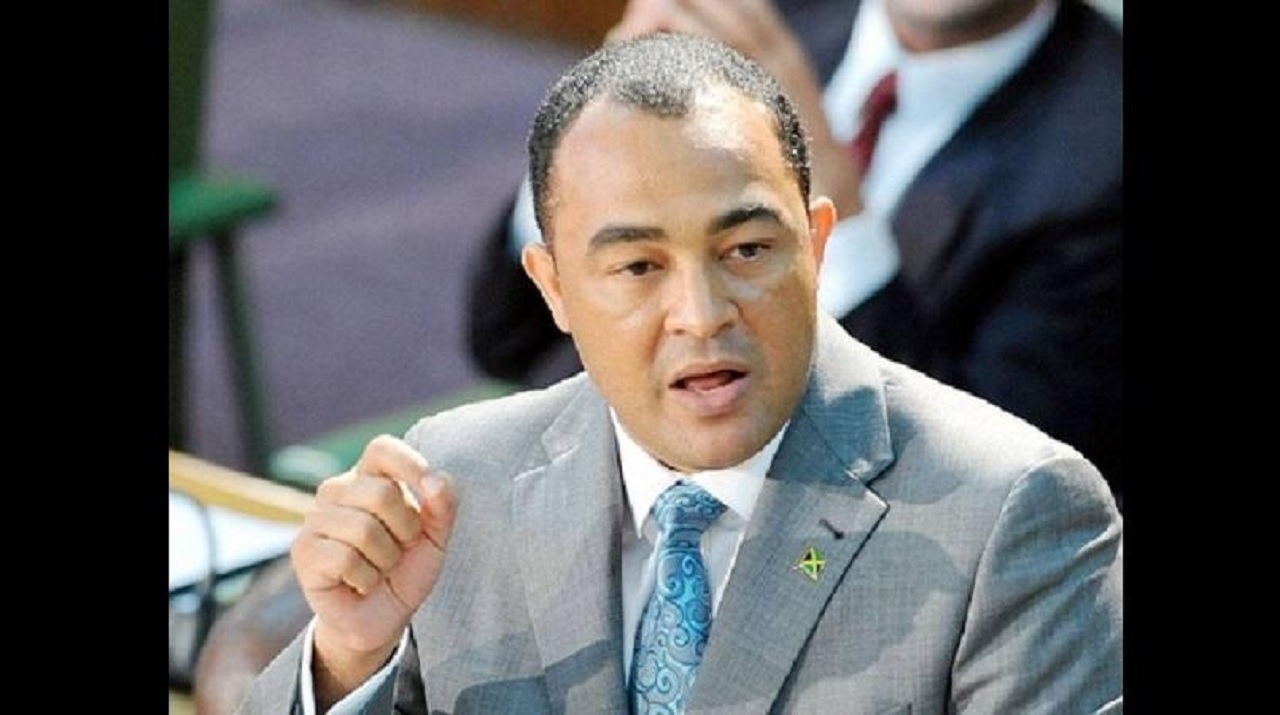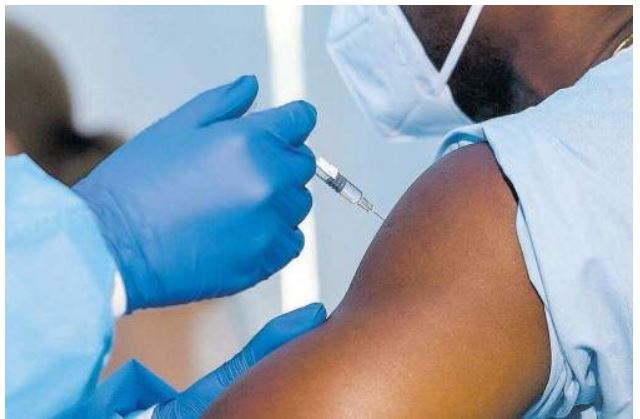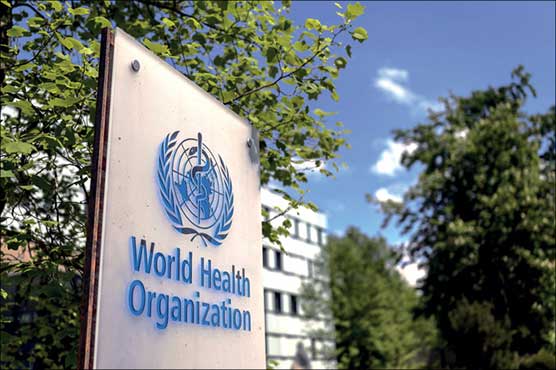The Jamaica government says there are no local or imported cases of measles in the country.
The Ministry of Health Wednesday said that it supported a statement made by Health Minister Dr. Christopher Tufton to Parliament on Tuesday that a patient had been treated recently at a local private hospital for complications “thought to be as a result of a recent measles infection experienced before visiting Jamaica.
“At the time of stay in Jamaica, the person was several days out of the infectious period for measles. After investigations, the Public Health Department concluded that neither the patient nor relatives were having measles. Precautions were taken however to ensure that all whom came in contact with the patient were immunized against measles even while the investigation was being conducted,” the Ministry of Health said.
It said Jamaica has a robust surveillance system in place for fever and rash and all cases are reported within 24 hours, while suspected measles are reported immediately.
The Ministry of Health said it does receive a few notifications each year and that ‘these cases are investigated and patients are isolated, tested and treated, if they meet the case definition.
“Additionally, contacts are vaccinated if they have not previously received immunization. Jamaica has had no local spread of measles since 1991. The last imported case of measles in Jamaica was in 2011.”
Chief Medical Officer, Dr. Jacquiline Bisasor-McKenzie, said that “most cases of measles are mild and symptoms usually appear 10-12 days after exposure to an infected person but may appear as early as seven days and as late as 21 days after expo-sure. Measles typically begins with a high fever, cough, runny nose and red, watery eyes.”
The authorities said three to five days after symptoms begin, a rash breaks out, usually as flat red spots that appear on the face at the hairline and spread downward to the neck, trunk, arms, legs, and feet. Small raised bumps may also appear on top of the flat red spots.
Dr. Bisasor-McKenzie further cautioned that “complications from measles include ear infection and diarrhea, while severe complications include pneumonia, swelling of the brain and death. Pregnant women may give birth prematurely or have a low-birth-weight baby”.
Measles is a highly contagious illness caused by a virus that replicates in the nose and throat of an infected child or adult. In order to stop the disease from spreading, 95% of children in Jamaica need to be fully vaccinated with the two doses- MMR1 at 12 months and MMR2 at 18 months.
Tufton during his presentation to Parliament took the opportunity to appeal to parents to ensure that their children are vaccinated.
“Jamaica has seen a decrease in uptake of the vaccines over the last few years and we are appealing to all parents to visit the nearest health centre to ensure that their children are fully vaccinated as measles kills more children than any other vaccine-preventable disease,” he said.
The Ministry of Health said it will continue to monitor the island for imported cases of measles given the recent increase in cases in the United States and across the region.




